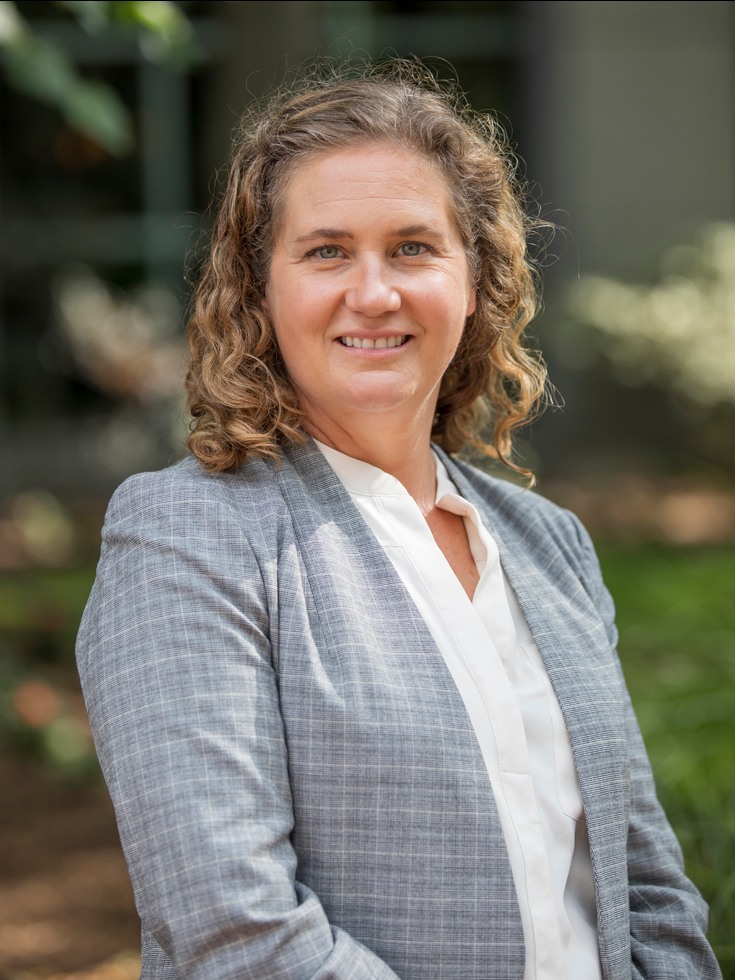The COVID-19 pandemic has opened the world’s eyes to the broad impact biological emergencies can have and the many ways in which our systems are unprepared to handle them. The Pandemic Center at Brown’s School of Public Health is drawing on the University’s faculty expertise and its extensive interactions with policymakers to better understand catastrophic biological events and develop the tools and practices necessary to effectively combat the next occurrence.
To achieve this, Brown recruited Jennifer Nuzzo, an epidemiologist and expert in global health security to lead the center. She brings a wealth of experience in generating and analyzing data-driven evidence, advising policymakers, and engaging with the media.
